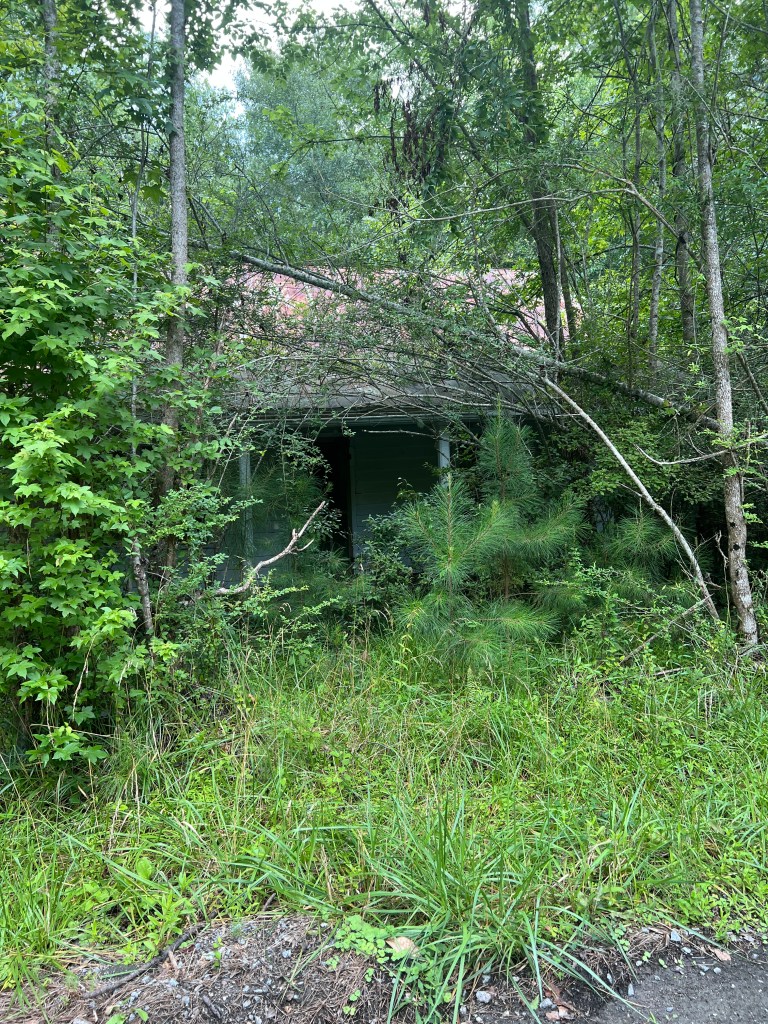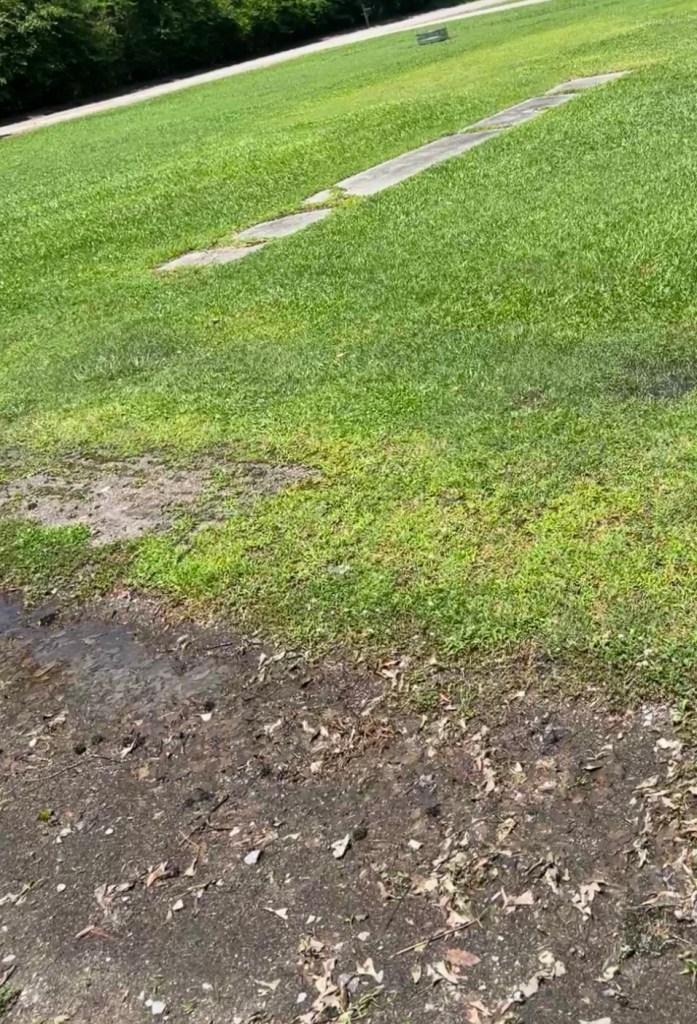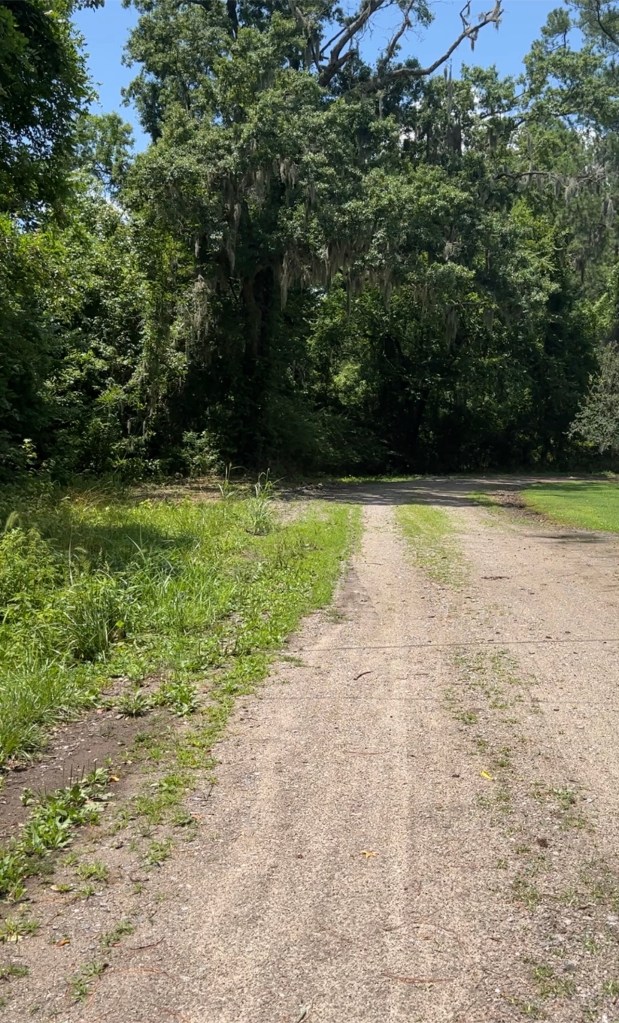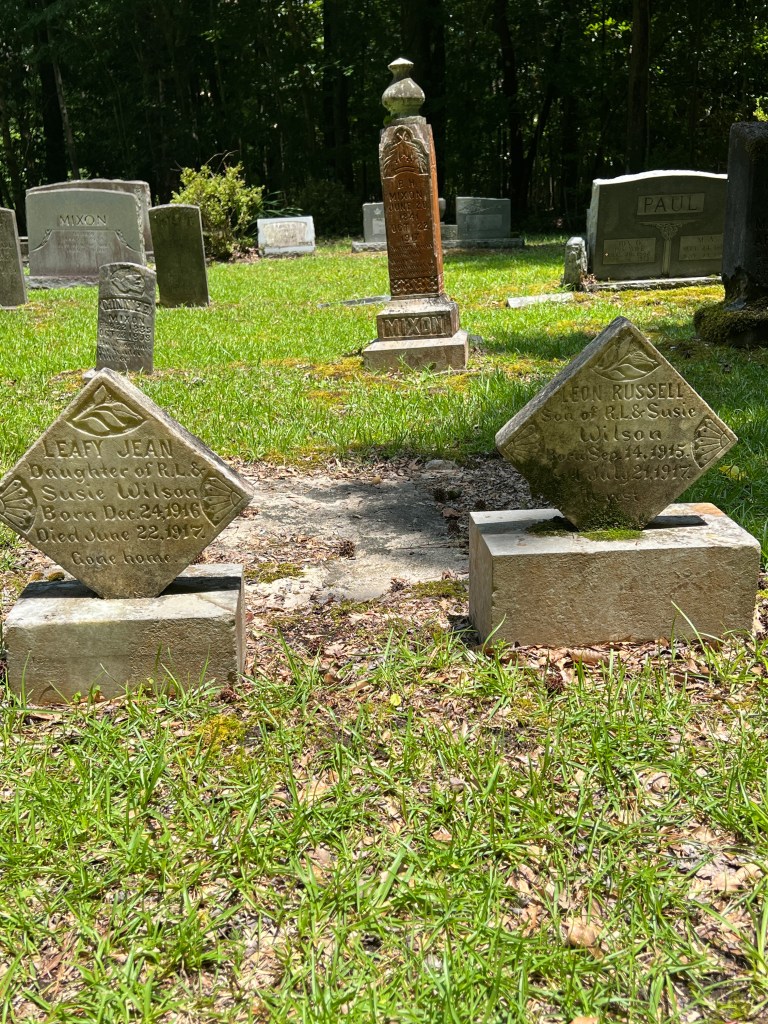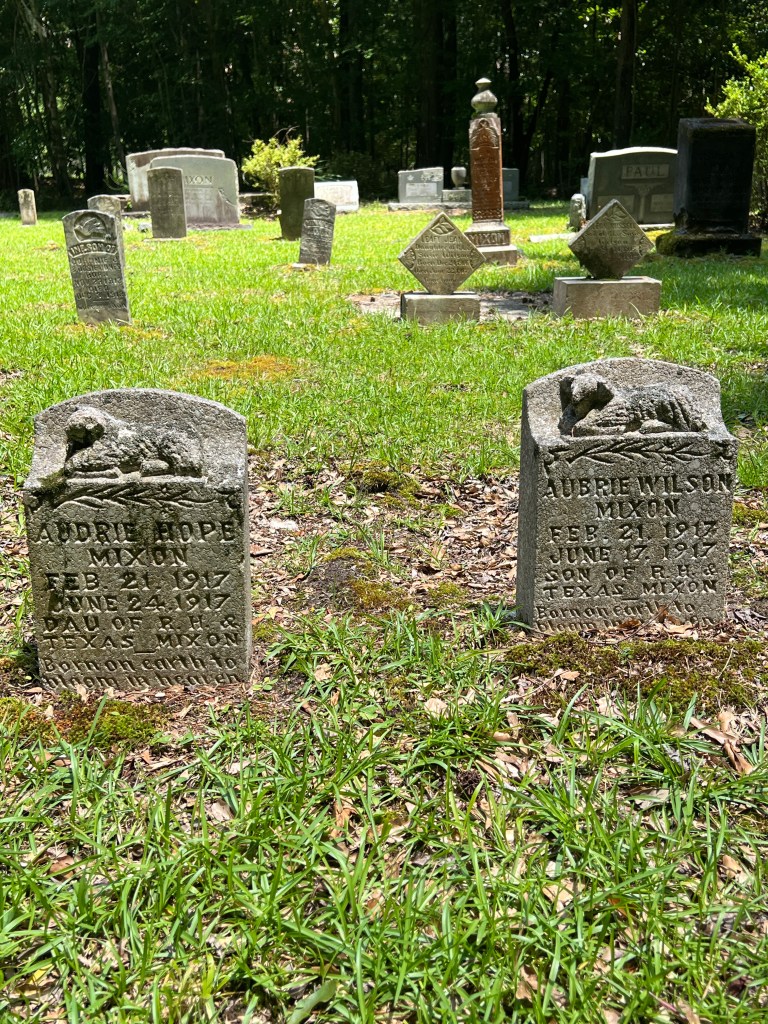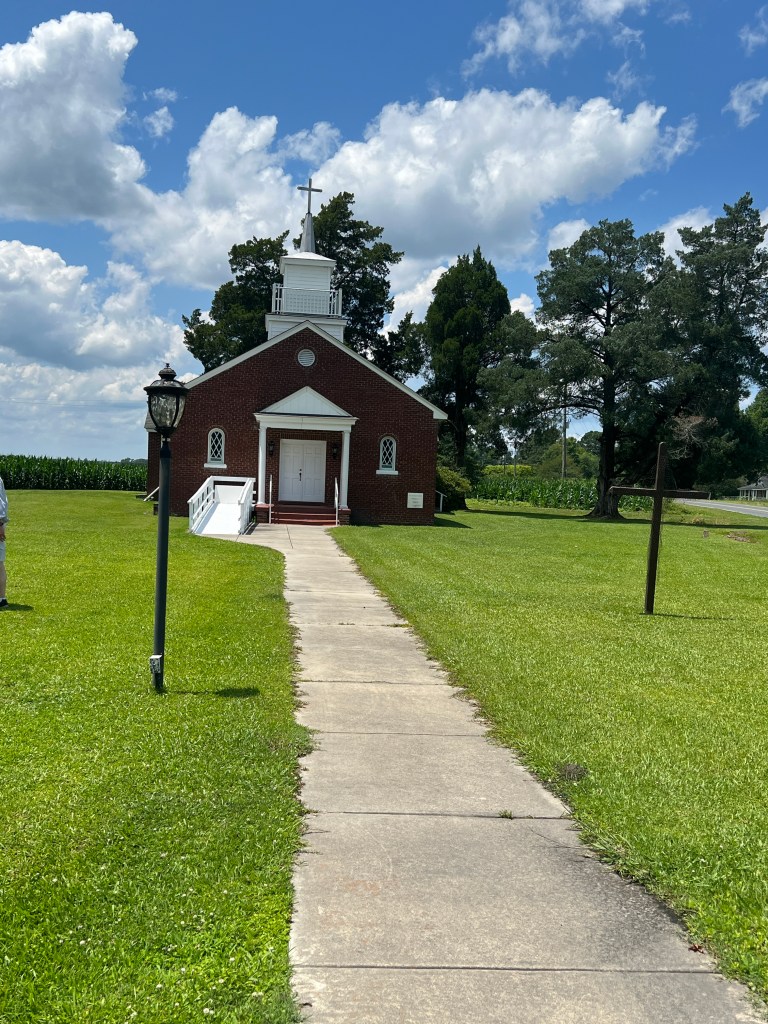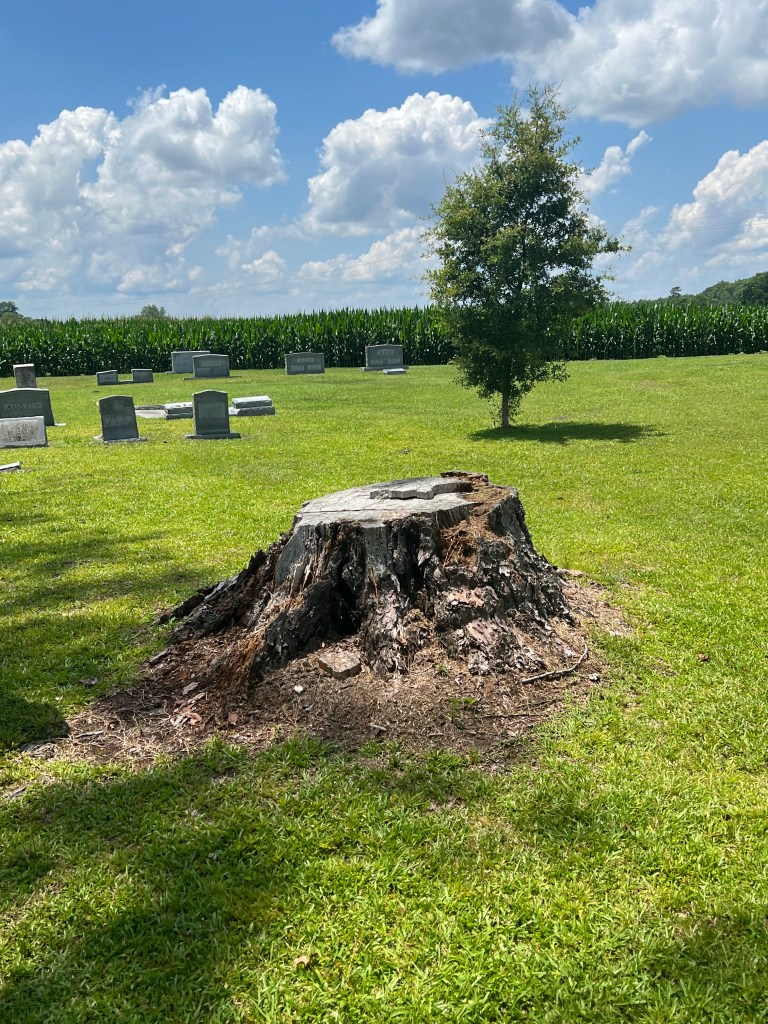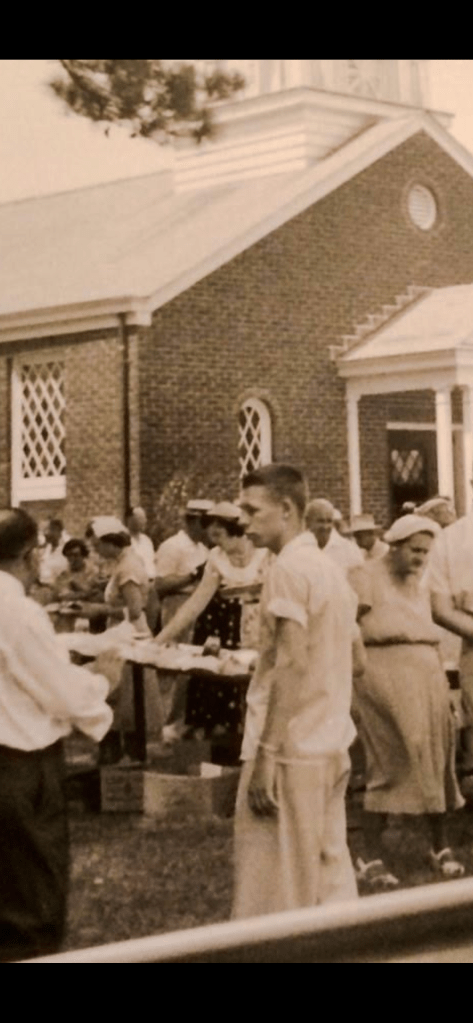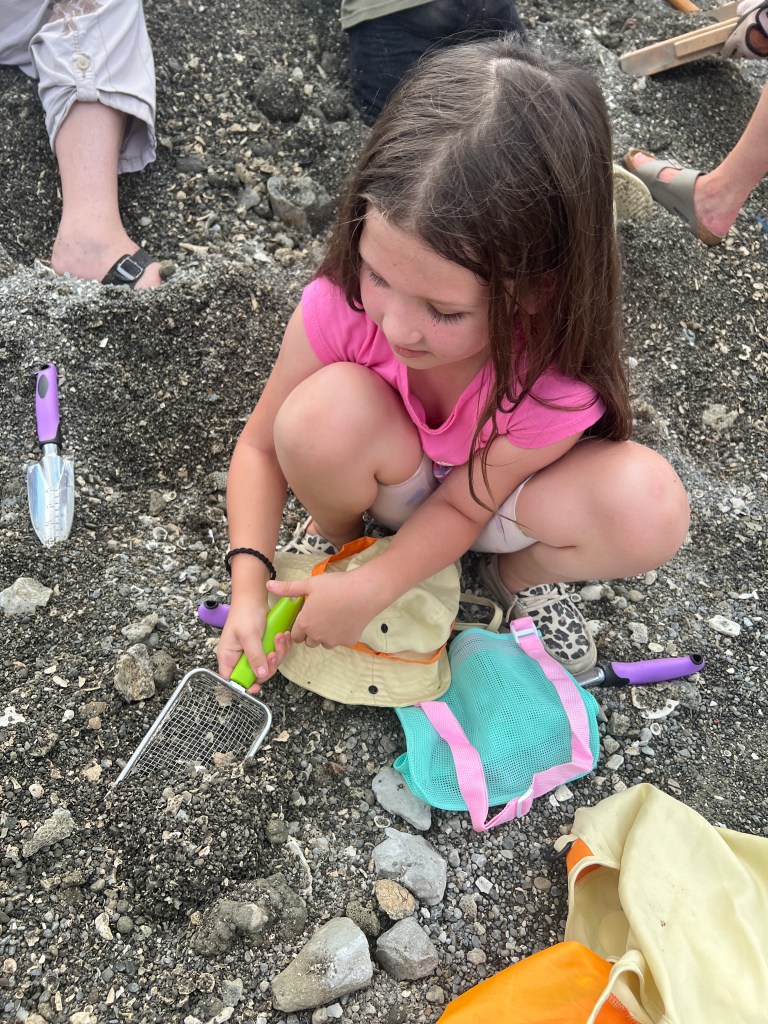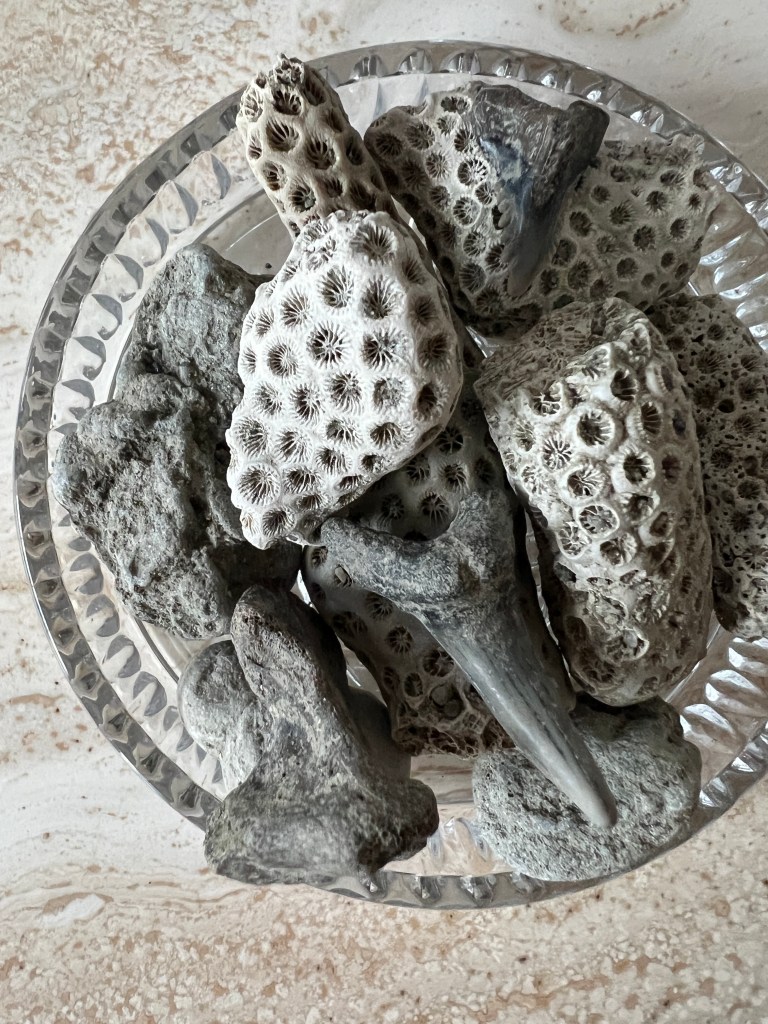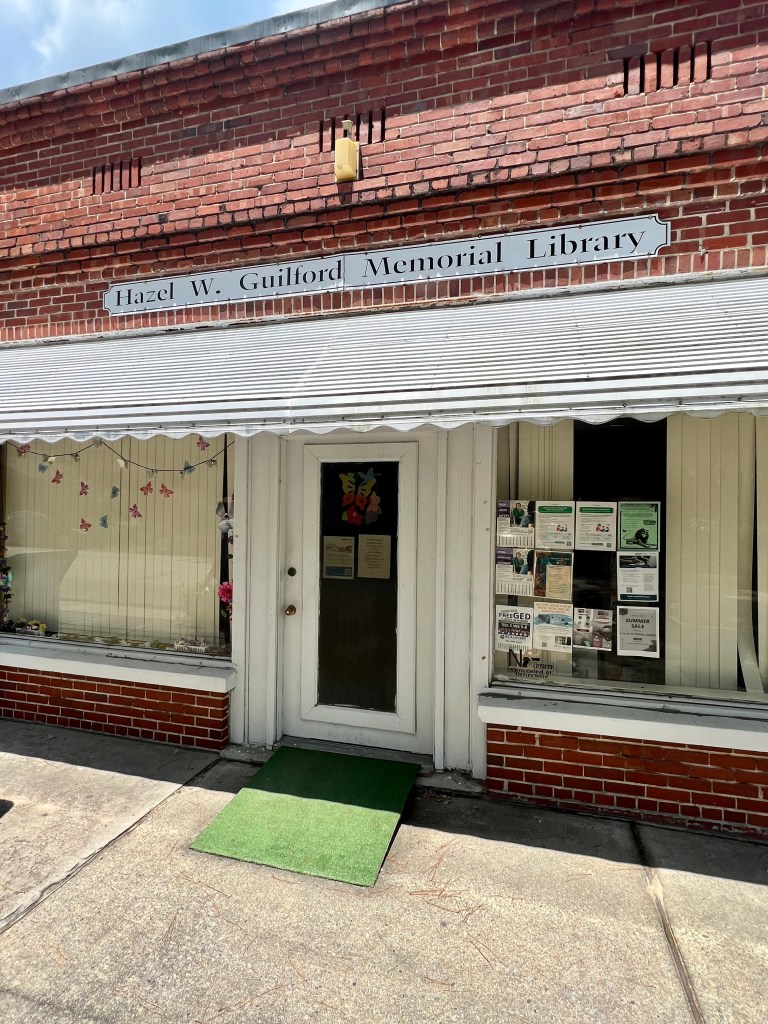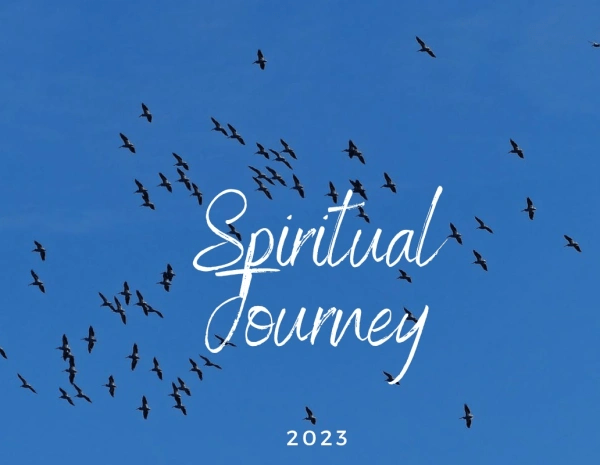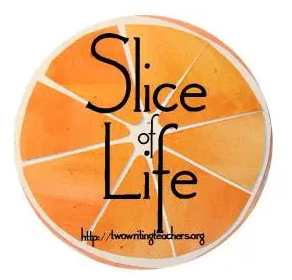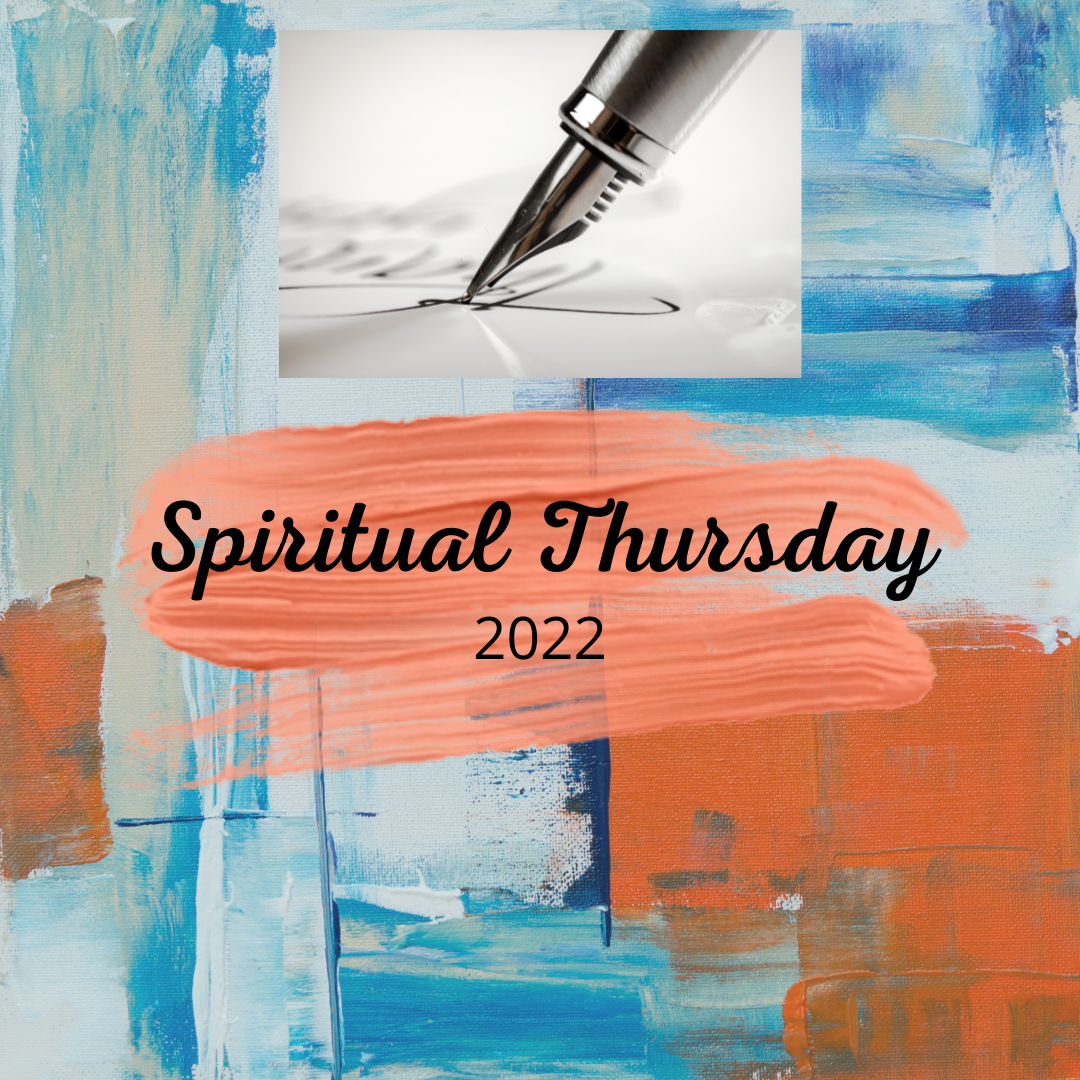
This week I’m honored to host fellow Spiritual Journey writers who gather on the first Thursday of each month.
In choosing the theme of renewal, I note that one definition of the word is resuming an activity after an interruption. That’s exactly what I’m doing now: writing my first blog post in two months. My blogging life went on hiatus while a lot of other life happened. I spent the summer keeping granddaughters. I returned to work at school in a new role. And my husband, a pastor, slowly succumbed to debilitating back pain. Unable to stand for very long, he’s been preaching while seated in a chair. Surgery was inevitable. Having spent four days in the hospital at the end of October, he’s now home and slowly ‘resuming interrupted activities’ like sitting, standing, and walking, which are, at times, excruciating.
Considering my husband’s journey, I might have chosen the word endurance. He lost an eye to a rare condition in 2015. In 2019, he survived two heart attacks, cardiac arrest, and two subsequent surgeries. He was still convalescing when the COVID-19 pandemic hit. Through it all, something he came to enjoy, and which helped him regain his physical strength, was hiking at a nearby dam. I’d return home from work and he’d tell me: “I saw an eagle at the dam today!”
I started accompanying him on weekends, armed with binoculars and my bird identification apps. We saw (and heard) a wondrous variety of birds, most notably the ospreys with babies in their nest, the great blue heron at the waterfall, and the gorgeous red-shouldered hawk that flew ahead of us in the woods to perch on a low branch, where it stared right back at us, with considerably less awe.
No eagles.
As time wore on, my husband’s back wore out, and there were no more hikes.
When the pain relegated him to preaching from a chair, he finally scheduled the surgery. It was more than he wanted to endure. He was tired of enduring.
Which brings me to the need for renewal.
Circle back with me, for a moment, to the eagles.
A few years ago I had a medical issue which required an outpatient procedure. My husband drove me to the hospital and back home afterward. It was winter; I watched the bare trees and old farm outbuildings whipping by my window when I saw… could it be? A bald eagle sitting, big as life, at the roadside! If I’d been on a bike I could have held out my hand and touched it (theoretically).
I was, however, still woozy from anesthesia…perhaps it was a figment…
But my husband cried out: “That was an eagle!“
He turned the car around.
The eagle might have ignored our passing again, but it grew suspicious when we slowed down. It unfurled its mighty wings and headed for a gnarled old oak.
Call it fanciful, if you like…sighting that eagle reassured me that all would be well with my medical situation.
So it was.
Four months later my husband’s heart stopped; he was resuscitated, with a shattered sternum; he survived emergency stents and bypasses.
He went walking at the dam as rehab. He saw eagles.
Although I’ve looked and looked, I haven’t seen one since that unique roadside appearance.
Until this last surgery.
Our oldest son offered to stay the first night with his dad in the hospital so I could come home and sleep. I was exhausted. I would stay the next night.
Early on the following morning, somewhat rested, I drove back to the hospital. October in the North Carolina Piedmont is breathtakingly beautiful. Along both sides of this particular highway the forest stretches out in a visual paean of orange, red, and yellow. That day, the blazing colors were framed by a brilliant blue, cloudless sky. Our son had texted that his dad had a rough night. We all knew to expect it it; the intensity of post-op pain for spinal surgery is severe. My husband has already been in tremendous pain for so long. He’s already suffered and endured so much…he knew he needed this surgery, but will he have the strength to endure the aftermath?
Will I?
Such were my dark thoughts that bright morning, inching my way back to him in the congested workday traffic, when a solitary bird glided into view in the tranquil blue above the gridlocked cars. A big, dark bird with long, broad wings, white head shining bright in the sun…
It can’t be, I thought. After all the times I’ve tried to see one…that it should be now…I leaned as far as I could toward the windshield, taking advantage of the stopped traffic to stare upward.
It came nearer, sailing with easy grace, low enough for me to see its gleaming white, fan-shaped tail.
No mistaking it.
Isaiah 40:31 came immediately to mind:
But they that wait upon the LORD shall renew their strength; they shall mount up with wings as eagles; they shall run, and not be weary; and they shall walk, and not faint.
Renewal. An infusion of new strength, sufficient for the day. An assurance of more for the difficult days ahead. These words were originally given by the prophet Isaiah to the Israelites, foretelling the end of their Babylonian captivity. The people would make the seven-hundred-mile journey back home; they would be restored. The chapter begins with Comfort, comfort my people, says your God. The phrase they shall walk seems especially significant in light of my husband’s situation, that he shall soon walk without the pain that’s plagued him. There’s more to say about the biblical symbolism of eagles, but in this verse, the original language seems to allude to feathers rather than wings and an ancient Jewish belief that when the eagle molts, his youth and vitality are restored.
My husband’s battered body will not be restored to youth in this life. Vitality, however, means strength and energy, which brings us to another definition of renewal: a return to vigor. A return of physical strength and good health. That is our prayer for his healing.
Most importantly, the verse speaks to strength renewed by waiting on, or depending on, or clinging to, the Lord. More than renewal of physical strength. It’s spiritual rehab.
That eagle, appearing on the morning after my husband’s surgery, buoyed my spirit. As did the other I saw by the road on the day I was concerned for my own health.
We continue to wait on, to cling to, the Lord as we travel this long road of recovery. Daily renewal of strength comes from nowhere else.
Let me close by saying I’m awed, anew, by His use of visual aids for the spiritual journey.
Harbingers
I. That Morning You Drove Me Home From the Medical Procedure
back country byway, winter-brown grass
trees, old gray outbuildings, zipping, zipping past
small pond clearing, wood-strewn ground
bald eagle sitting roadside—too profound—
I thought it was the anesthesia
until you saw it, too,
before it flew.
And I knew.
II. On the Morning I Returned to the Hospital After Your Surgery
lanes of heavy traffic, day dawning bright
our son says you had a painful, painful night
dew on the windshield, fog in my brain
all hope of moving past this gridlock, in vain
but for the glory of autumn leaves, a-fire
against cloudless blue where a solitary flier
glides by, white head and tail gleaming in the sun…
I promise, beloved one.
Your healing
has begun.
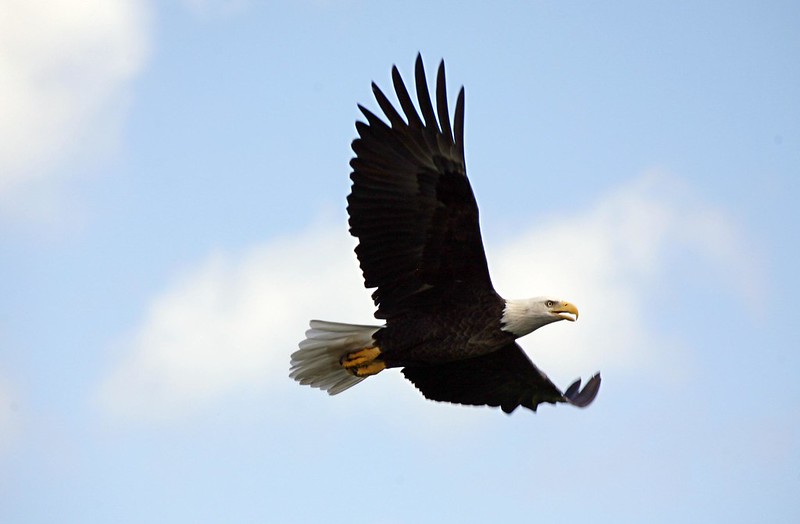
Bald Eagle by Gary Rothstein, NASA. Public domain.
Dear Spiritual Journey Writers: Thank you for traveling alongside me!
Click here to add your post links.

